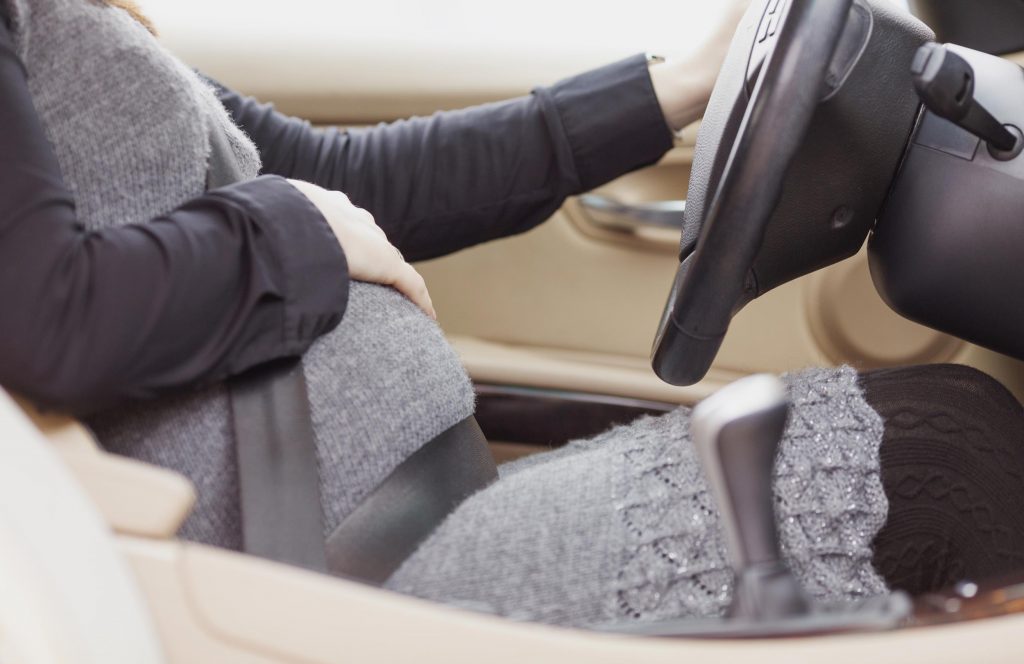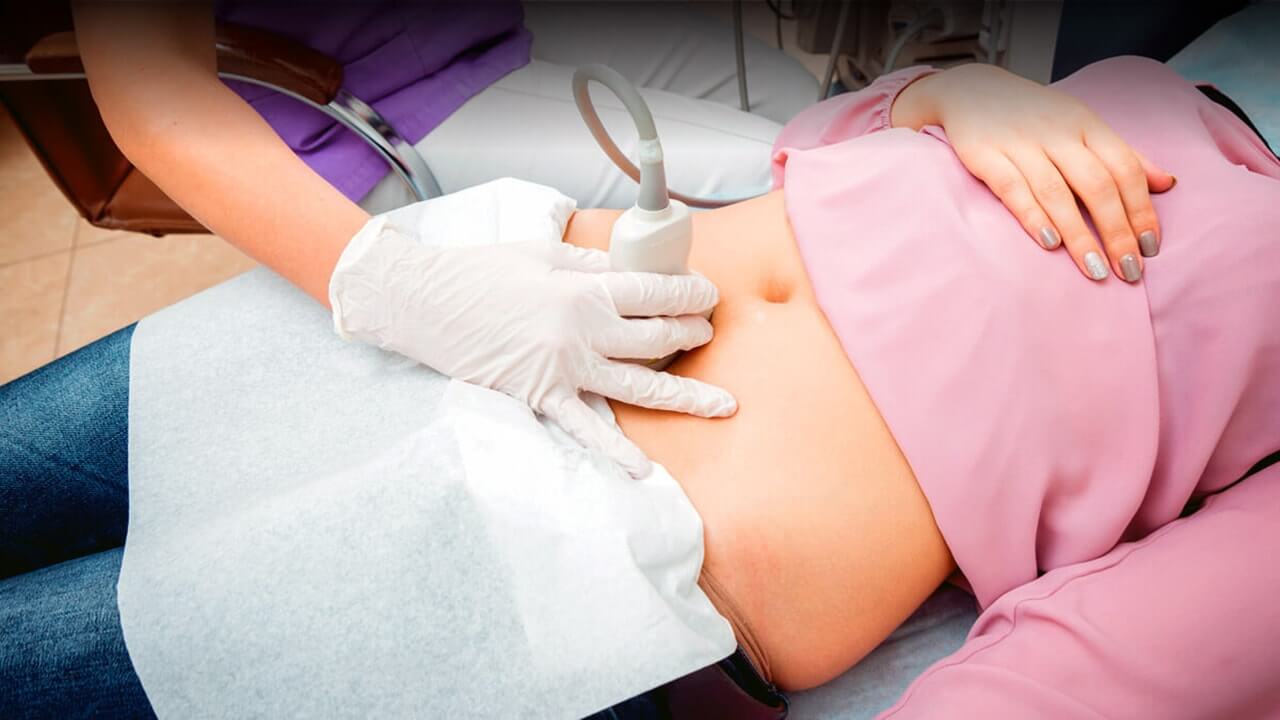Car accidents are terrifying and upsetting in itself, irrespective of the scale of the trauma. But car accidents also become alarming when the victims are pregnant. With increase in women drivers in the world, the risks faced by pregnant women is much higher. Let’s know about do’s and dont’s of car accident while pregnant.
Read More: 11 Critical Car Safety Rules Every Pregnant Women Should Know
Do’s and Don’ts for Driving During Pregnancy
The risks of car accidents when pregnant are manifold, and affect both the mother and child. This includes:
Premature birth
A mother’s body endures certain trauma and stress in the duration and aftermath of an accident. The body then induces labour because of the changed circumstances, and can lead to the premature birth of the baby. More often than not, the baby does not have fully developed body functions and can face trouble breathing and digesting food once born.
Miscarriage
Car accidents cause major trauma and shock to the mother, and can result in a miscarriage, or a spontaneous abortion, if it occurs before the 20th week of the pregnancy. While it is not easy to identify when a miscarriage is taking place, there are certain common identification markers such as vaginal bleeding, accompanied with severe pain and discomfort, pelvic cramping, a persistent dull ache in the lower back of the body, and other abdominal pain.
Placental abruption
Placental abruption occurs when there is a sudden and premature separation of the placenta before birth. It is one of the common results of a motor vehicle car accident. Placental abruption could lead to several complications for the foetus, and result in low-birth weight, premature birth, and even foetal death. Placental abruption occurs a consequence of a physical injury to the uterus, and a car accident is an extremely probable source of the same.
Coup and contrecoup injuries
A contra-coup injury can occur when the foetus sustains a severe injury without any physical contact being made. Such injuries occur from a concussion or a shock as a result of the impact of certain blows on the opposite portion of the body. This can rupture and bruise the parts. This type of an injury is dubbed as ‘shaken baby syndrome’.
Haemorrhaging and internal bleeding
Internal bleeding often results from coup and contrecoup injuries. The incidence of sub-chorionic haemorrhage also increases, because of the extreme trauma to the mother’s abdomen, and can leads to heavy bleeding. The bleeding becomes worse in the cases of ivf pregnancies.
Birth defects
Given that car accidents increase the chances of premature birth, a host of problems associated with the same can lead to birth defects. The defects intensify when the foetus sustains injuries herself. Injury to the brain and body of the baby can result in long-term problems of cerebral palsy and other life-threatening diseases.
High-risk pregnancy
A high-risk pregnancy develops when the mother or foetus or both endure an injury, which could result in complications in the pregnancy. And the physical nature of car accidents contributes to a significant probability of developing high-risk pregnancy.
In such situations, what should be your response?
If you are involved in any accident, make sure to call the emergency services provided in your state. It would be a good precautionary measure to memorise the specific phone number, and make other members of your family be familiar with the same.
Do visit your gynaecologist to make sure that there is no internal bleeding, or abrasions or other injuries to your foetus.
If you experience the following symptoms, even after days and few weeks of the accident, make it a point to visit your healthcare provider:
- Leakage of fluid or vaginal discharge
- Pain in the abdomen
- Fever
- Painful urination
- Dizziness
- Vaginal bleeding and spotting
- Severe headaches
A research conducted on the consequences of different types of traffic and motor-vehicular accidents during pregnancy showed that there were degrees of severity in complications, depending in the nature of the trauma.
A low-impact car accident could be in the form of frontal impact collisions, which had mild symptoms of vaginal bleeding, and other symptoms of preterm labour. However, the foetuses delivered were healthy, and pregnancies that was carried till full-term.
A medium-impact car accident could be in the form of broadside collisions, sees multiple symptoms of uterine tenderness and premature contractions. Women experiencing such accidents were required intensive antenatal care and follow-up because of their prolonged symptoms.
A high-impact car accident in the form of collisions could lead to major trauma, including the fracturing of bones, rupturing of the cervical spinal canal, foetal death and even the death of the mother herself.
However, some guidelines should be also remembered when it comes to car accident pregnancies. Make sure your healthcare provider evaluates and monitors the trauma on the basis of the type of accident, and the symptoms. Since frontal-impact collisions without external trauma and normal CTG and US findings have a higher probability of being safer, such cases could be discharged within 2-4 hours of follow-up to avoid expensive hospital costs. But more importantly, if you have been involved in a car-accident associated with high speed and visible signs of trauma, request for a longer follow-up as symptoms of foetal distress might develop over the course of time.
What can one do to prevent the trauma experienced from car accidents, especially during one’s pregnancy?
The first and foremost step in this regard must be wearing of the seat belt, irrespective of sitting at the back or the front. Using a 3-point seat belt, that holds the body through the bony areas, is another follow-up. Wearing seat belts could be difficult when pregnant, but make sure to put one strap over the bump and across the chest, and the second strap under the bump and across the pelvis.
It is important to check whether the airbags in your car is functioning well. A common misconception is that an airbag could cause harm to the foetus, but given that it cushions the impact of the accident, it does not cause harm to the body. If you are still concerned, make sure to adjust the steering wheel in a way so that the airbag spreads over the chest and the face.
Following traffic rules and being alert is important to make sure that you are engaging on a safe journey, not just for yourself but also your baby. Planning out your trip beforehand could help you avoid breaking traffic rules and speeding. Avoid driving at high speeds as most foetal deaths occur from impact in high speed accidents.
After all, you are not responsible not just for yourself, but your family, and your little one.













